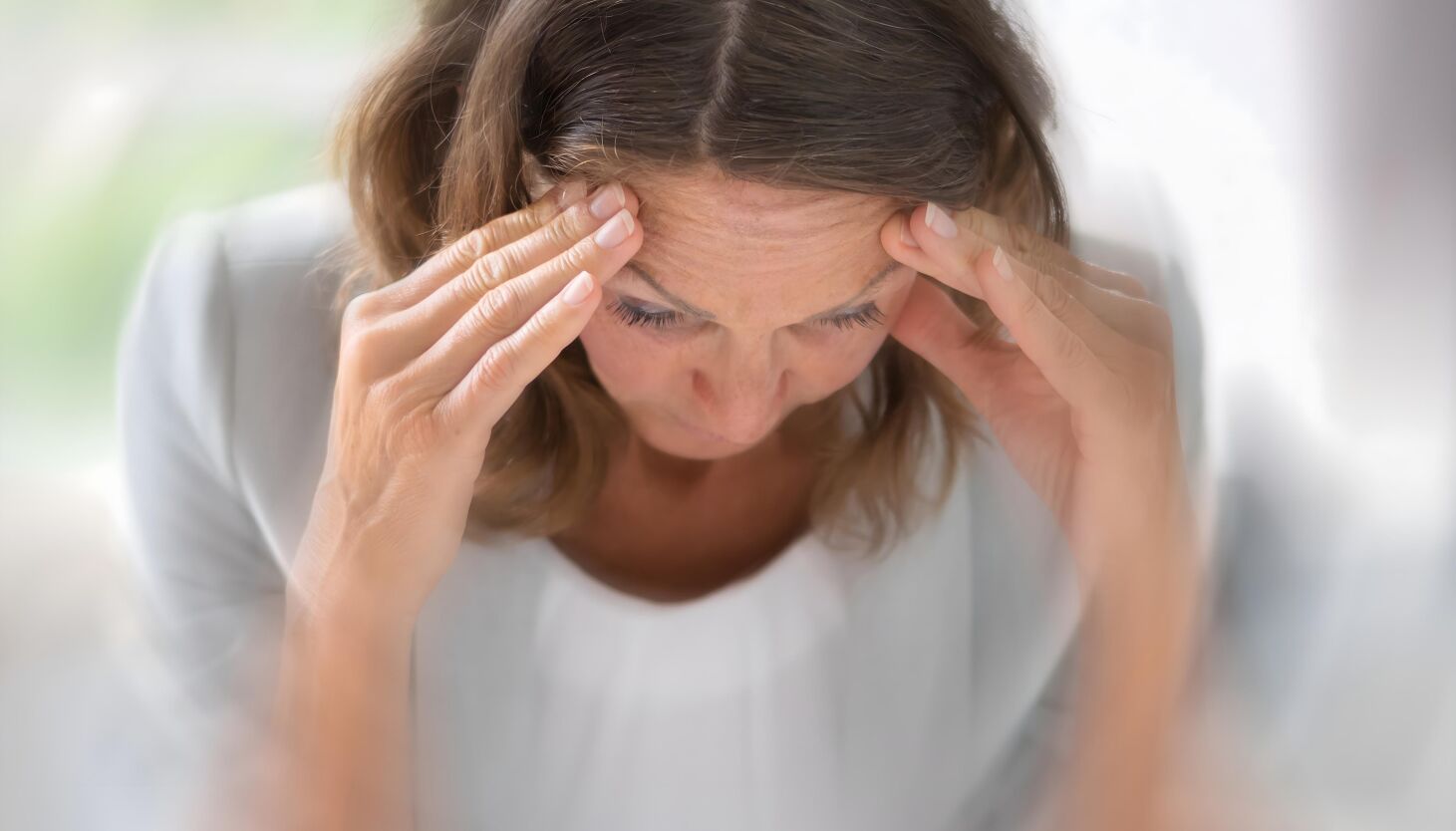As the holiday season approaches with its excitement and festivities, the stress and pressure of having a perfect vacation for you and your loved ones also increases. According to Everlywell, the holiday season is notoriously stressful.
Adding that, lack of money for gifts, lack of time for shopping and cooking, and the overwhelming commercialism and hype of the holiday season can all increase the stress felt during the holidays.
The American Psychology Association’s research on holiday stress found that stress is increased among Americans during the fall and winter holidays, particularly among women.
Women are particularly vulnerable to increased stress during the holiday season, the study found. Women shoulder the majority of the family burden of shopping and holiday celebrations, and they feel particular stress due to the lack of time needed to do it all.
What are the three physical symptoms of stress?
It is essential that when symptoms of stress arise, appropriate precautions are taken to manage them so that the symptoms do not worsen. Stress can manifest itself through various physical symptoms. Here are three common physical symptoms associated with stress to watch for:
1. Tension headaches
According to the Mayo Clinic, headaches are more likely to occur when you’re stressed. Stress is a common trigger for tension headaches and migraines. It can also trigger or make other types of headaches worse. Stress is an especially common headache trigger in children and young adults.
Tension headaches are the most common headaches and occur due to stress or muscle pain.
John Hopkins Medicine shared the following common symptoms of a tension headache:
- Slowly progressing headache.
- The head hurts on both sides.
- Pressure-like pain around the head.
- The neck or back of the head may also hurt.
- The pain is less intense than other types of headaches.
Adding that identifying and avoiding headache triggers can prevent tension headaches. Maintaining a regular schedule of sleep, exercise, and meals also helps.
2. Hair loss
It’s typical for people to lose around 50 to 100 strands of hair every day, according to the American Academy of Dermatology Association. Highlighting that if a person experiences high stress in their life, they may experience increased hair loss.
Happy Head co-founder Dr. Ben Behnam told the Deseret News in an email that while vacations don’t directly cause hair loss, the stress they induce can certainly lead to diffuse shedding. . … Stress is a normal part of life, but it can be increased during vacations, between family functions, events and hectic trips.
Behnam said common mistakes women make when dealing with hair loss include overusing styling products, pulling/combing hair too aggressively and over-shampooing hair.
To combat hair loss, Behnam said the following lifestyle changes can help:
- A healthy diet rich in protein.
- Get tested for vitamin deficiencies.
- Check that your hormones are balanced.
- Seek help from a professional, especially a dermatologist.
3. Sleep disorders
There’s a difference between having trouble sleeping as a child because you can’t wait for Santa to come and a parent trying to make the house picturesque for Christmas morning.
According to Amerisleep, 46% of people reported poorer sleep during the holidays, between busy schedules and lots of stress. Sleep and stress have many interconnections, and sleep quality also plays a role in things like food choices and mood.
It can be a never-ending cycle of high stress levels, leading to inadequate sleep hygiene, leading to poorer daily performance which adds to the stress.
The Sleep Foundation found that American adults lose an average of 11 minutes and 14 seconds of sleep each Thanksgiving, according to a survey. Stress and anxiety were the most common reason for lack of sleep, according to respondents (34.7%).
Noting that people who host Thanksgiving lose an average of 51 minutes of sleep over the holiday.
Improving sleep during times of stress can make a significant difference to overall well-being and resilience. Here are several strategies from the Brain and Behavior Foundation to help promote better sleep despite stress:
- Go to bed and wake up at the same time every day.
- Incorporate mindfulness meditation into your nightly routine.
- Take a warm bath or shower to relax.
- Avoid caffeine and large meals before bed.
- Regular exercise.
- Try to deal with daily stress earlier in the day rather than in the evening.
#Common #Physical #Symptoms #Stress #Relieve
Image Source : www.deseret.com

